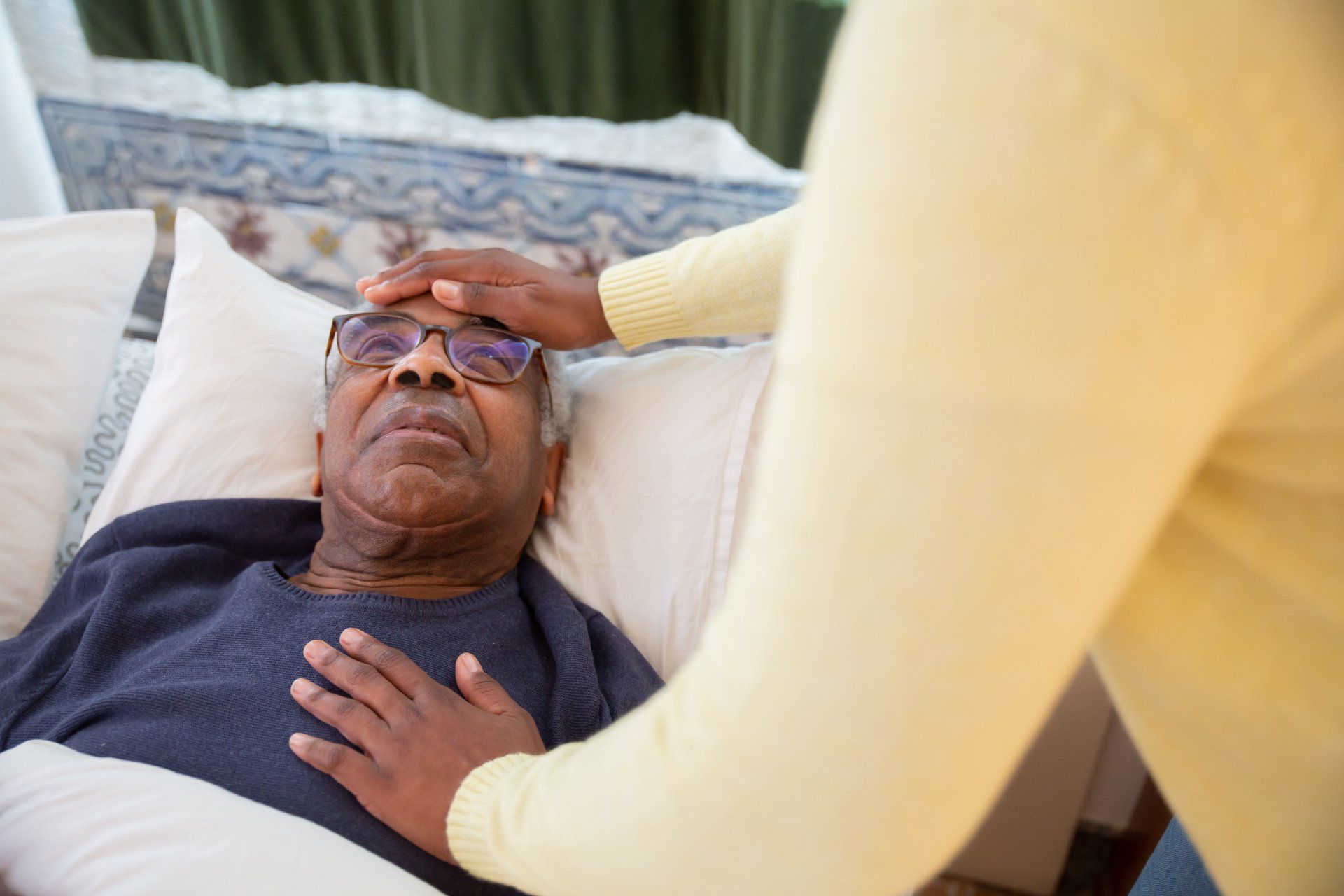Home Healthcare Aides Work Hard

During the pandemic, health aides had very stressful jobs working in nursing homes. They did not always have protective shields, did not take time off, and sometimes put their patients before family. Health Aides can work up to 60 hours per week and are one of the lowest paid parts of the work force in America!
Just as the need for health aides is exploding, they don’t realize that in many states, they qualify for time off. Many people during the pandemic turned to home care as they saw the increase in Covid-19 amongst nursing home patients and staff throughout the pandemic. There is a union for health aides in some states and a certification program in varying states.
Some aides sleep at patients’ homes, providing care throughout the night, but are not getting paid for it. This is not right! Aides’ duties include odd household chores, like cleaning toilets, dusting, bathing and heating food. They are responsible for lifting the patient and moving someone from a bed to a chair. It is taxing work.
It is estimated there are 65,000 home care agencies in the United States. Some are larger than others. Invariably Medicaid pays for home health care aides, and Medicare pays only if you have been in a hospital for 3 overnights and then are discharged home. It is estimated by 2030, 21% of the population will be retirement age, and the majority of people want to receive care in their home, according to a 2018 survey by the Agency of American Retired People (AARP). Moreover, according to the Centers for Medicare and Medicaid, in 2019 spending on homecare nationally, increased 40% to $113.4 billion from 2013.
According to the New York Times, 20% of aides live below the poverty line and aides in 6 States, earn an average hourly rate of $11. According to SeniorCare.com, home health aides in California cost $23/hour and I estimate they get half of that as payment per hour.
Aides need to know the laws in their states regarding time off, whether a union exists, and be vocal about being paid for overnight stays. You are a vital part of the health care system. And as Americans age, if you want to stay in your home, unless you have a long-term care insurance policy that pays for custodial care, which is the type of care people need as they age, you will most likely have to pay for this care privately.
This can get very expensive!!!





